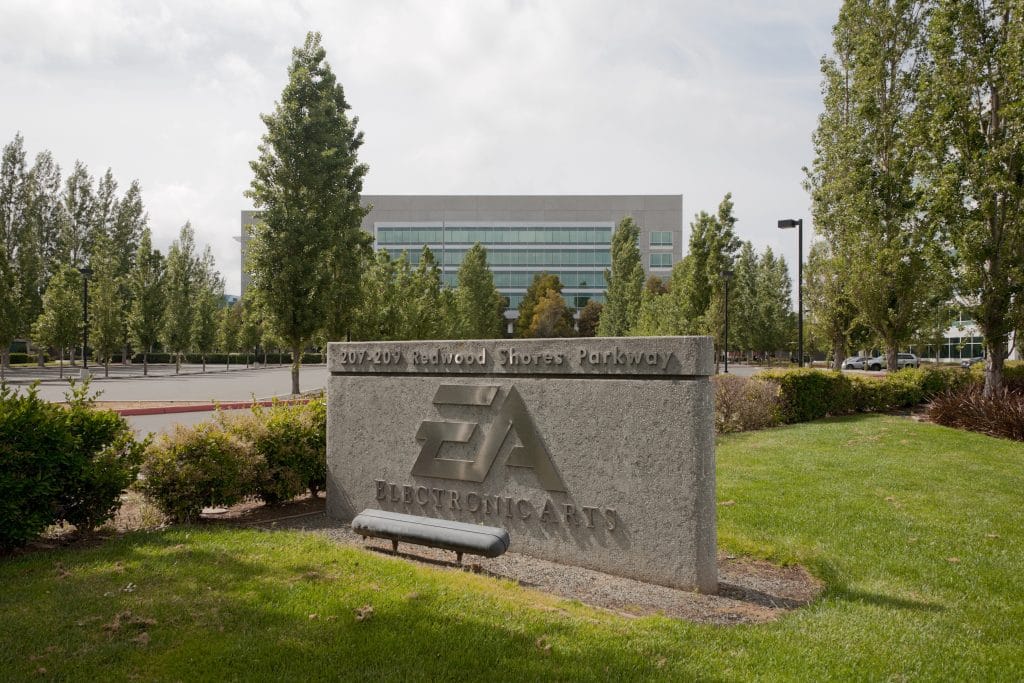
Electronic Arts (EA) has confirmed that it will be taken private in a $55 billion deal, the largest leveraged buyout ever recorded. The deal values EA at $210 per share, giving its stockholders about a 25% premium compared to where shares traded before speculation of a takeover began to surface. Once finalized, the company will be removed from public stock exchanges and will instead be owned by a group of investors. The acquisition is expected to close in the first quarter of EA’s 2027 fiscal year, subject to shareholder approval and regulatory review. Until then, the company will continue operating as a public entity.
The consortium behind the acquisition is led by Silver Lake (a private equity firm mainly known for its tech investments) and Saudi Arabia’s Public Investment Fund (PIF), which already holds about a 10% stake in EA. Affinity Partners (the investment firm linked to Jared Kushner) is also part of the group. Notably, PIF’s existing ownership will be rolled into the new structure, and the rest of the purchase will be funded through a mix of equity and a $20 billion debt package arranged by JPMorgan. The buyers are putting in about $36 billion of their own money, while the remainder will be borrowed.
Importantly, EA will remain under the leadership of Andrew Wilson, who has served as chief executive since 2013. Wilson will continue to guide the company through its transition into private ownership, which investors believe will give the company greater freedom to pursue long-term strategies without the constant pressure of quarterly earnings reports. The new owners’ plan mainly includes heavy use of artificial intelligence (AI), with expectations to cut production costs, speed up development cycles, and improve profitability.
“Looking ahead, we will continue to push the boundaries of entertainment, sports, and technology, unlocking new opportunities. Together with our partners, we will create transformative experiences to inspire generations to come. I am more energized than ever about the future we are building,” Andrew Wilson (CEO, Electronic Arts) said in his statement.
However, despite the involvement of some prominent investors, the deal carries several significant risks. The transaction relies on a massive amount of debt, meaning EA will need to maintain strong and consistent cash flows to meet repayment obligations. While the buyers are optimistic that the increasing use of AI can boost the company’s performance, applying AI in creative areas like game design remains largely untested and may raise concerns about quality and originality. Even the involvement of a foreign sovereign fund and the large scale of the deal could trigger regulatory scrutiny and delays.
The company has already warned that its second-quarter (Q2) net bookings may fall short of expectations due to economic challenges and fluctuating consumer spending. This year (2025), it has faced weaker-than-expected sales for titles like EA Sports FC 25 and Dragon Age: The Veilguard, carried out layoffs affecting several hundred employees, and dealt with lawsuits alleging addictive game mechanics.





